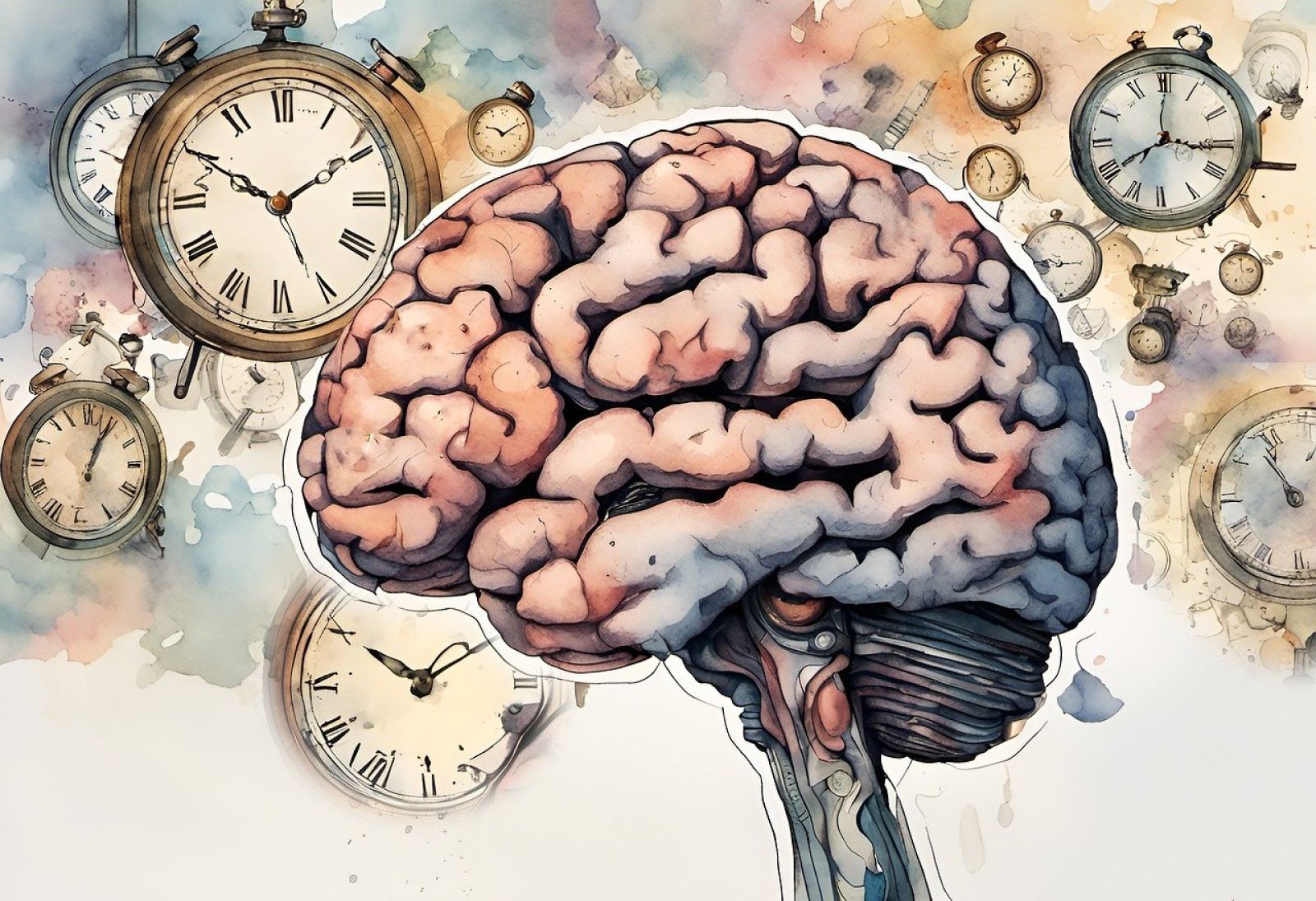What if we've been wrong from the start about the origin of Alzheimer's disease?
Published by Cédric,
Author of the article: Cédric DEPOND
Source: Cell Reports Medicine
Other Languages: FR, DE, ES, PT
Author of the article: Cédric DEPOND
Source: Cell Reports Medicine
Other Languages: FR, DE, ES, PT
Follow us on Google News (click on ☆)
Published in Cell Reports Medicine, this research offers a novel perspective on the mechanisms underlying this disease, paving the way for potential new therapies.

Illustration image Pixabay
For a long time, the scientific community has considered that the accumulation of beta-amyloid plaques in the brain is responsible for the cognitive impairments observed in Alzheimer's patients. These plaques disrupt cellular communication, activate immune cells, and lead to the destruction of neurons. However, a team of researchers led by Todd Golde and Yona Levites from Emory University proposes a different hypothesis.
Their work reveals that beta-amyloid, far from being the sole culprit, might actually act as a scaffold for other proteins. By analyzing more than 8,000 proteins in human and mouse brains affected by Alzheimer's, the researchers discovered that over 20 proteins co-accumulate with beta-amyloid.
Among them, two proteins, midkine and pleiotrophin, seem to play a particularly crucial role in accelerating beta-amyloid aggregation. This suggests that these proteins could significantly contribute to neuronal damage, challenging the belief that beta-amyloid is solely to blame.
This discovery brings hope for Alzheimer's patients. The initial concept of a simple amyloid cascade is now considered too simplistic, and the complexity of brain changes over the decades is better understood. This new understanding could guide the development of more effective treatments not only against Alzheimer's disease but also against other diseases related to amyloid protein buildup, which are involved in over 30 human disorders.